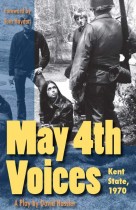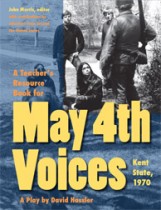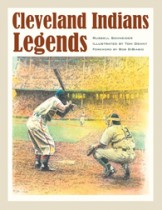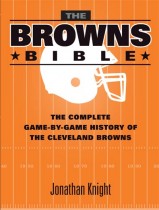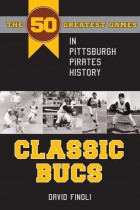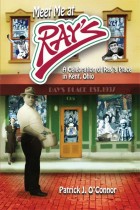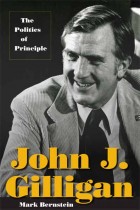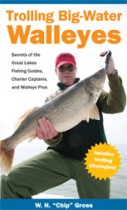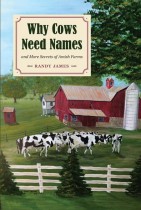May 4th Voices: Kent State, 1970 (DVD)
David Hassler | Filed under: Art, Award Winners, Drama, History, May 4 Resources, Regional Interest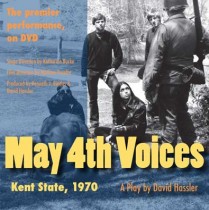
On October 12, 2012, the play, May 4th Voices, was featured at the annual Oral History Association Conference in Cleveland, Ohio. Over the next month, film director Mathias Peralta and stage director Katherine Burke worked with the cast to create a film version of the production to accompany A Teacher’s Resource Book for May 4th Voices. The film received its debut at the Modern Language Association annual meeting in Boston on January 5, 2013 and will receive its broadcast debut on Western Reserve Public Media on PBS channels 45 and 49 and made available for national distribution in late spring 2013.

